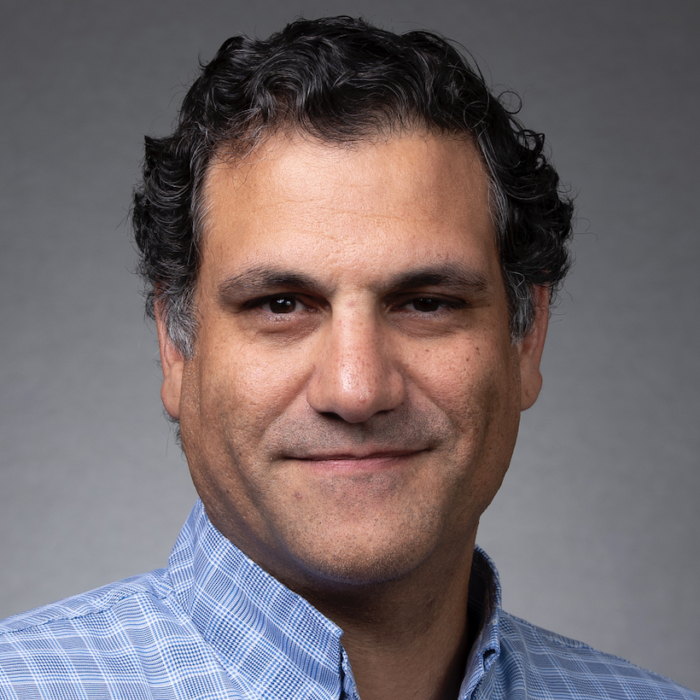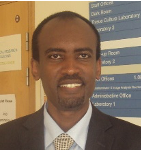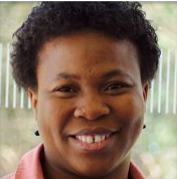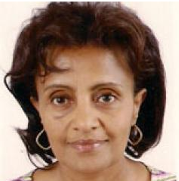Aminu Yakubu, BSc, MPH
VP, Governance & Ethics at 54gene
Prior to 54gene, Aminu was most recently a Science Program Specialist with Nigeria country office of the US Centers for Disease Control where he worked to ensure technical coherence and alignment with extant human subject protection policies of protocols for studies being conducted or supported by the agency. He also worked with the Federal Ministry of Health, Nigeria where he supported the National Health Research Ethics Committee in reviewing protocols for nationally representative studies, provided guidance to researchers on the application of the National Code for Health Research Ethics, and was involved in the development of several policies for human subject protections in Nigeria. Aminu Yakubu also chaired the H3Africa Ethics and Regulatory Affairs Working Group previously in 2016/2018.
Aminu holds a Bachelors Degree in Biochemistry from Bayero University Kano, Master of Public Health Degree from University of Birmingham, UK; and has received postgraduate training in Bioethics from the Berman Institute of Bioethics, Johns Hopkins University School of Public Health. His research interests are in research ethics governance related to genomics research and research ethics committees, health systems research ethics as well as ethics of research during disease outbreaks.




